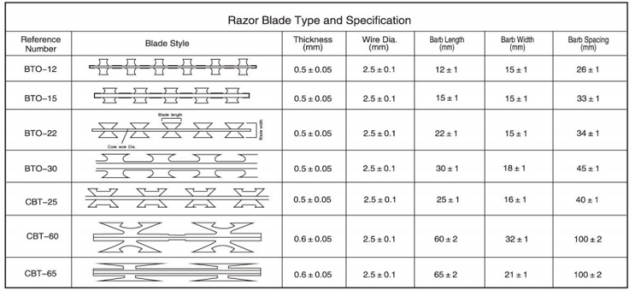nails to use for fence pickets
When it comes to building a fence, choosing the right materials and hardware is crucial for both the durability and appearance of the structure. Among the various aspects to consider, the type of nails you use for fence pickets plays a significant role. In this article, we will explore the different types of nails suited for fence pickets, their properties, and the factors to consider when making your selection.
The Importance of Choosing the Right Nails
Using the right nails is essential to ensure that your fence is sturdy, long-lasting, and visually appealing. Nails must be able to withstand weather conditions, resist rust and corrosion, and securely hold the pickets in place. The wrong choice of nails can lead to structural failure, sagging, or even complete collapse of the fence.
Types of Nails for Fence Pickets
1. Galvanized Nails These nails are coated with a layer of zinc, which provides protection against rust and corrosion. Galvanized nails are a popular choice for outdoor applications, especially in areas with high humidity or frequent rain. They are available in various sizes and diameters, making them suitable for different types of wood and fence designs.
2. Stainless Steel Nails While more expensive than galvanized nails, stainless steel nails offer superior resistance to rust and are ideal for coastal areas where saltwater can accelerate corrosion. Their durability makes them suitable for high-quality fencing projects, but their cost may be prohibitive for larger projects.
3. Coated Nails Some manufacturers produce nails with specialized coatings that enhance their bonding capabilities and provide moisture resistance. These nails are often designed for specific applications, such as pressure-treated wood or composite materials. They can be an excellent choice for fence pickets, depending on the type of wood being used.
4. Ring-Shank Nails These nails feature a series of ridges or rings along their shaft, providing superior grip as they are driven into wood. Ring-shank nails can help prevent the pickets from loosening over time, making them an excellent choice for securing pickets to the horizontal rails of a fence.
nails to use for fence pickets

5. Screws versus Nails While nails are the traditional choice for securing fence pickets, many builders are now opting for screws. Screws provide a stronger hold, are easier to remove if necessary, and are less likely to split the wood compared to regular nails. However, screws are typically more expensive and may require additional time for installation due to the need for pre-drilling.
Factors to Consider When Choosing Nails
1. Material of the Pickets The type of wood or material used for your fence pickets should influence your nail choice. Pressure-treated wood, for example, requires specific types of nails that can withstand chemicals used during the treatment process.
2. Environment Consider the climate and environmental conditions in which your fence will be located. For example, areas with high humidity, rain, or proximity to the ocean will benefit from galvanized or stainless steel nails to reduce the risk of corrosion.
3. Fence Height and Design A taller and more intricate fence design may require stronger and more secure fasteners. For example, trellises and decorative fences may need more robust nails or even screws to ensure stability.
4. Local Building Codes Before starting your fencing project, check local building regulations and codes that may dictate specific requirements for materials used, including nails.
Conclusion
In conclusion, choosing the right nails for your fence pickets is a key aspect of building a fence that is not only visually pleasing but also durable and reliable. Galvanized, stainless steel, or coated nails are excellent choices for corrosion resistance, while ring-shank nails ensure a strong grip. Evaluating the materials, environment, design, and local regulations will help you make an informed decision. Remember, investing time and effort into selecting the right nails will pay off in the long run, leading to a fence that stands the test of time.
-
Weather Resistance of Woven Wire and Chicken Wire Fencing MaterialsNewsJun.05,2025
-
Umbrella Nails Innovations in Roofing Fasteners for Wind ResistanceNewsJun.05,2025
-
Modern Barbed Wire Fence Designs for Perimeter ProtectionNewsJun.05,2025
-
How Iron Nail Wire Enhances Nail Strength and Installation EfficiencyNewsJun.05,2025
-
High-Security Razor Fence Solutions for Perimeter ProtectionNewsJun.05,2025
-
Durable Wire Netting Fence Solutions for Animal EnclosuresNewsJun.05,2025




